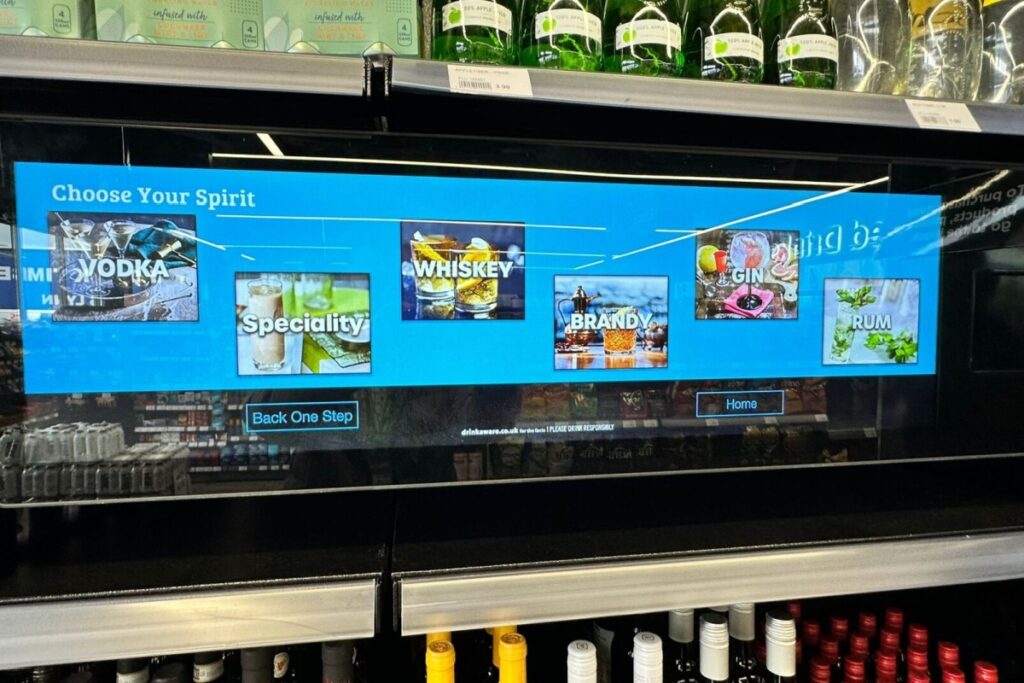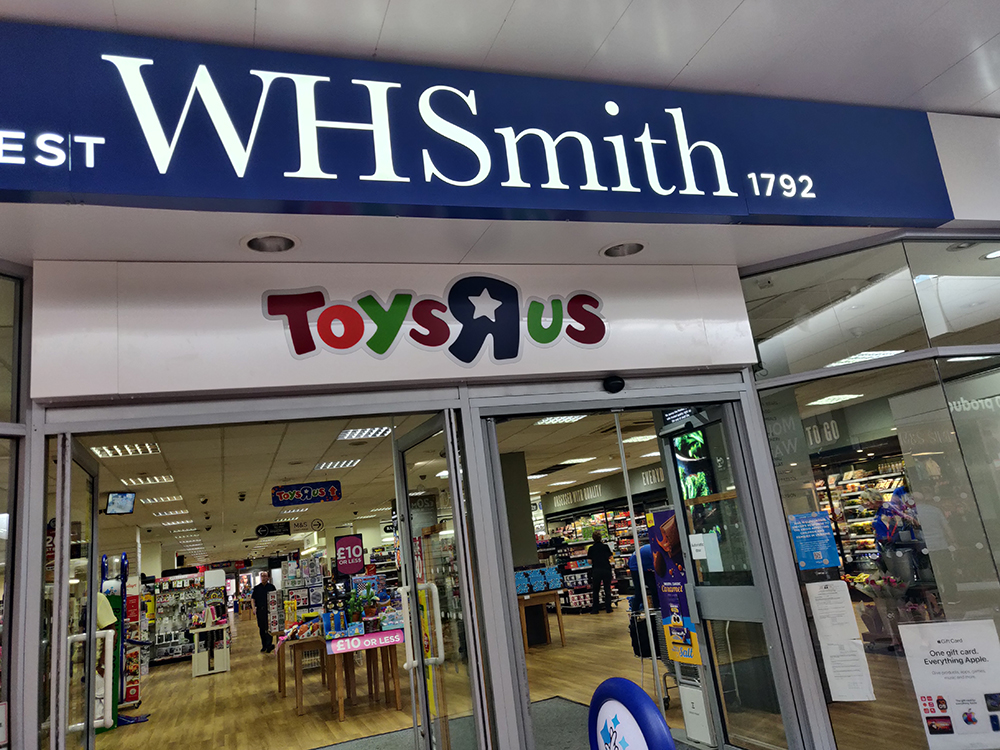Parcel delivery services are going to come under increasing pressure each Christmas it appears, as a new report published today shows that the number of festive packages sent this year rose 15 per cent.
E-tailers now represent 37 per cent of the total volume of items handled by the UK‘s carriers during the festive period, according to a study conducted by Global Freight Solutions (GFS), with this set to increase to 50 per cent by Christmas 2016.
While this surge in consumer package deliveries is a major boost to carriers it also mean significant changes for the industry because the vast majority of its work during this period was traditionally geared towards serving the business community.
Simon Veale, Director of GFS, said: “A decade ago, consumers were responsible for approximately ten per cent of the Christmas parcel peak. The increase that we‘ve witnessed since has predominantly been caused by internet shopping and much of that has come after 2006, when e-commerce began to really gain in popularity.
“It shows no sign of slowing down. Instead, we believe that the more frequent use of smartphones and tablets to buy Christmas presents on-line will fuel further parcel growth and that, in turn, means home deliveries may well catch up with those destined for business customers by 2016.”
The festive peak period in 2011 started a week earlier than the previous year, on November 22nd, and instead of lasting for a week, as anticipated, it continued up until the week before Christmas Day, equating to more than four million parcels entering the UK delivery network each day.
While business-to-consumer deliveries have soared, the downturn in the economy caused a two per cent year-on-year reduction in parcel traffic to high street stores, and it is clear that both carriers and e-tailers need to evolve their services to meet the increased demand.
Veale added: “Whereas parcel carriers used to experience a comparatively quiet period once the pre-Christmas rush was over, it appears that they will do no longer. High street sales used to begin on Boxing Day but, thanks to the internet, retailers can trade on Christmas Day itself when the ‘bricks and mortar‘ stores are still closed.
“If that pattern continues – and there‘s no evidence in the data that we have analysed to suggest that it won‘t – it means e-commerce firms having to carefully consider how they manage deliveries not only up to but beyond Christmas Day, something which they have never had to do before.
“However, the indications are that more and more online retailers are now truly beginning to realise the critical importance of having reliable distribution to their chances of capitalising on the e-commerce boom.”

















